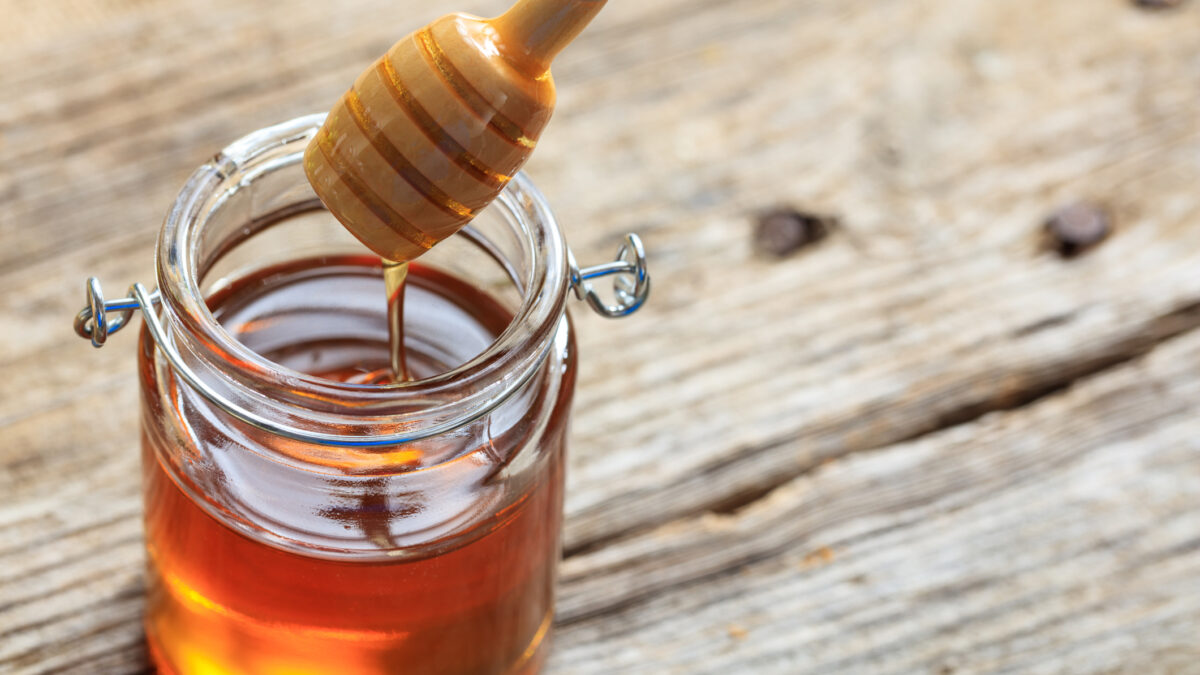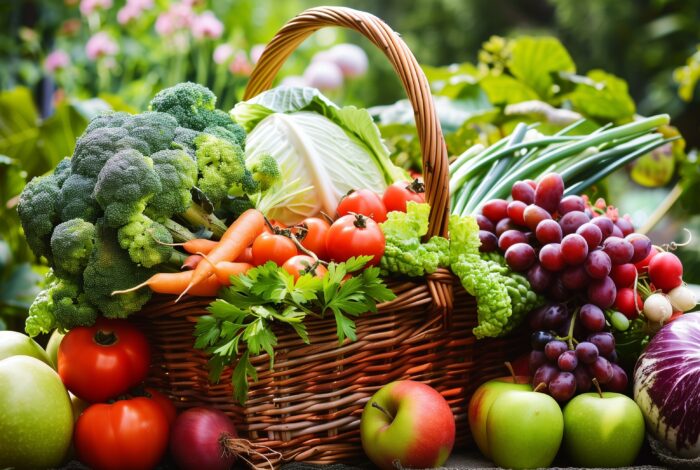Beekeeping and Greek honey hold a significant place in Greece’s agricultural production and economy. Beekeeping has a long-standing tradition in the country, with Greek beekeepers closely connected to nature and the land, producing high-quality honey that is exported to many countries worldwide. Greek honey is renowned for its uniqueness, thanks to the diverse flora and the natural characteristics of the Greek landscape.
In Greece, beekeeping has deep historical roots and is linked to ancient traditions and the natural environment. Beekeepers in Greece raise bees to produce honey, wax and other bee products, such as royal jelly and propolis.
Greece is one of the leading honey producers in Europe, and many Greek beekeepers follow traditional methods while preserving local bee breeds that are resilient and well-adapted to the country’s climate and geography.
Greek honey stands out for its exceptional quality and distinctive flavours, attributed to the uniqueness of Greek flora and the country’s natural conditions. The wide variety of plants found in Greece – including herbs, flowers, trees, and aromatic plants – contributes to the creation of different types of honey, each with its unique flavour and aroma.
Pine trees are an important beekeeping plant in Greece, with the key pine honey-producing regions being northern Evia, Chalkidiki, Thassos, Rhodes, and Skopelos. The Cyclades and the Dodecanese islands are known for their small-scale yet exquisite beekeeping, primarily producing thyme honey, as most of these islands have limited vegetation. It is one of the most nutritious honeys – aromatic with a light-golden colour.
Oak honey is thick and dark coloured, with intense woody notes, like that of the chestnut tree, which ranges from light brown to reddish depending on the season.
Fir honey, famous for its high nutritional value, crystallizes slowly, retaining its texture and taste for an extended period.
Another unique variety is carob honey – produced in coastal areas of Argolida and Lakonia – with a subtly spicy flavour. Equally distinctive is monofloral honey from Paliurus, a plant that grows in the mountains of Siatista.
Greek beekeepers adhere to traditional beekeeping methods, ensuring the purity of their honey, which is produced without chemical additives or synthetic products. Organic practices are often employed, with bees kept in environments where plants are not subjected to chemical treatments.
Beekeeping in Greece plays a vital role in the agricultural economy and export activities. Large quantities of Greek honey – sought after for its high quality and unique flavours – are exported to the European Union, the United States and many other countries around the world.










